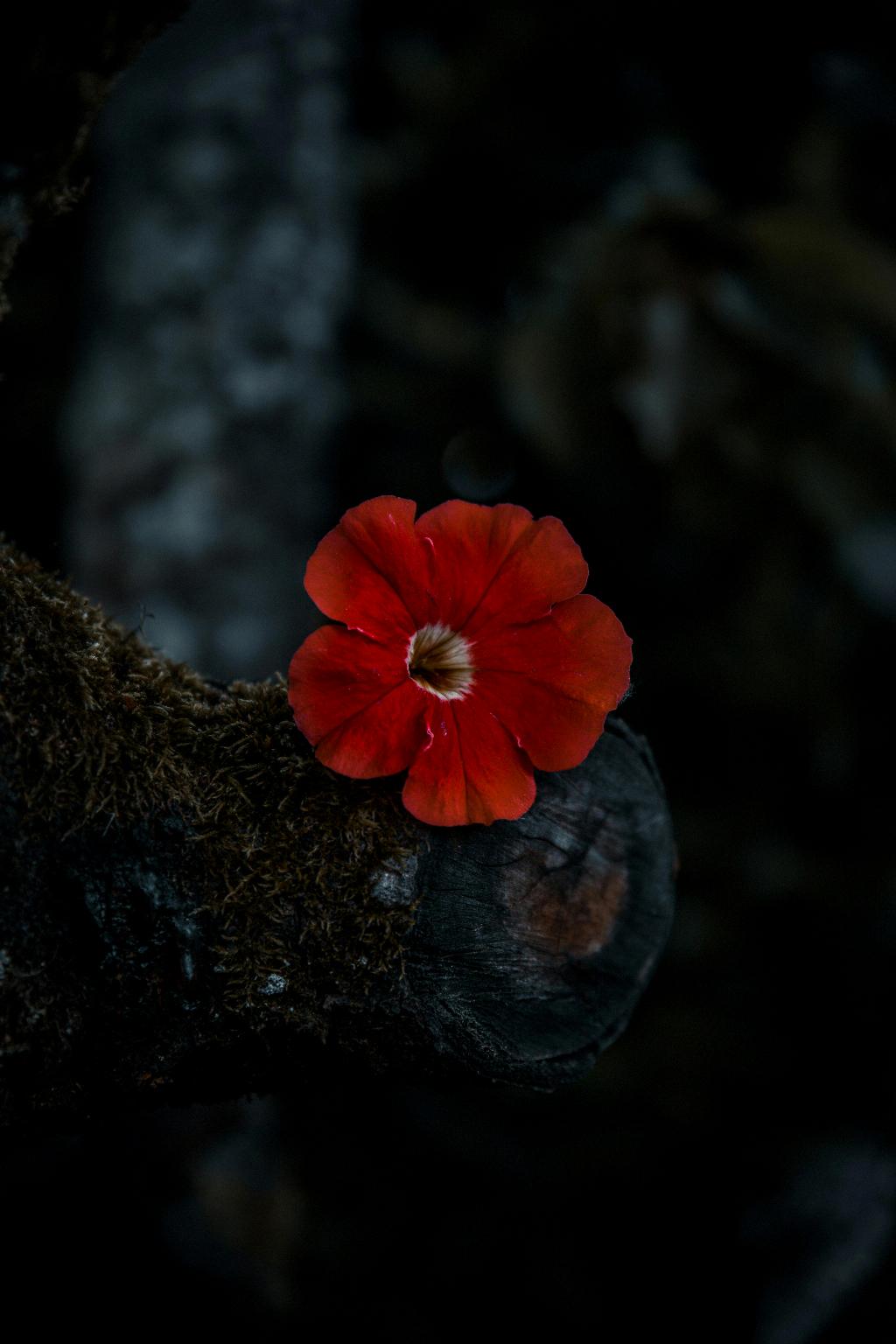When delving into the world of gardening, one common question that arises is whether petunias fall under the category of annual or perennial plants. The answer to this query is multifaceted, as petunias exhibit characteristics of both types, depending on various factors.
One crucial aspect to consider is the temperature sensitivity of petunias. These vibrant and colorful flowers are actually tender perennials, meaning they have the potential to regrow and bloom for multiple years under ideal conditions. However, the catch lies in their intolerance to low temperatures, particularly anything below 40 degrees Fahrenheit.
For individuals residing in regions with mild climates that never dip below freezing temperatures, such as USDA Plant Hardiness Zones 10 or 11, there is a possibility to cultivate petunias as short-lived perennials. In such zones, petunias can thrive as perennial plants, gracing your garden with their beauty for a couple of years.
Despite their genetic predisposition as tender perennials, petunias are predominantly grown and treated as annuals in most regions. The reason behind this prevalent practice is the widespread occurrence of colder climates and freezing temperatures, which pose a significant threat to the survival of petunias beyond a single growing season.
As annual plants, petunias are typically expected to complete their life cycle within a year, from seed germination to bloom to seed production. This condensed timeframe aligns with the predominant approach of treating petunias as annual bedding plants, suitable for adding bursts of color to gardens, containers, and hanging baskets.
Furthermore, the versatility of petunias as annual flowers allows gardeners to experiment with different colors, shapes, and varieties each year, ensuring a fresh and vibrant display in their outdoor spaces. This adaptability and ease of cultivation contribute to the enduring popularity of petunias as annual ornamental plants.
It is worth noting that the classification of petunias as annuals or perennials can vary based on individual gardening practices, regional climate conditions, and personal preferences. Some enthusiasts in temperate regions may choose to overwinter petunias indoors to preserve them as perennial plants, defying the typical annual cultivation approach.
Regardless of the classification, petunias remain prized for their ability to attract pollinators, such as bees and butterflies, with their nectar-rich blooms, enhancing the ecological diversity of gardens. Their low maintenance requirements and prolific blooming habits make them a beloved choice for novice and seasoned gardeners alike.
In conclusion, the question of whether petunias are annual or perennial ultimately depends on the context of cultivation and the prevailing climatic conditions. While they possess the genetic potential to be perennial plants, the prevalent practice is to grow petunias as annuals in most regions to maximize their ornamental value and adapt to seasonal changes.

